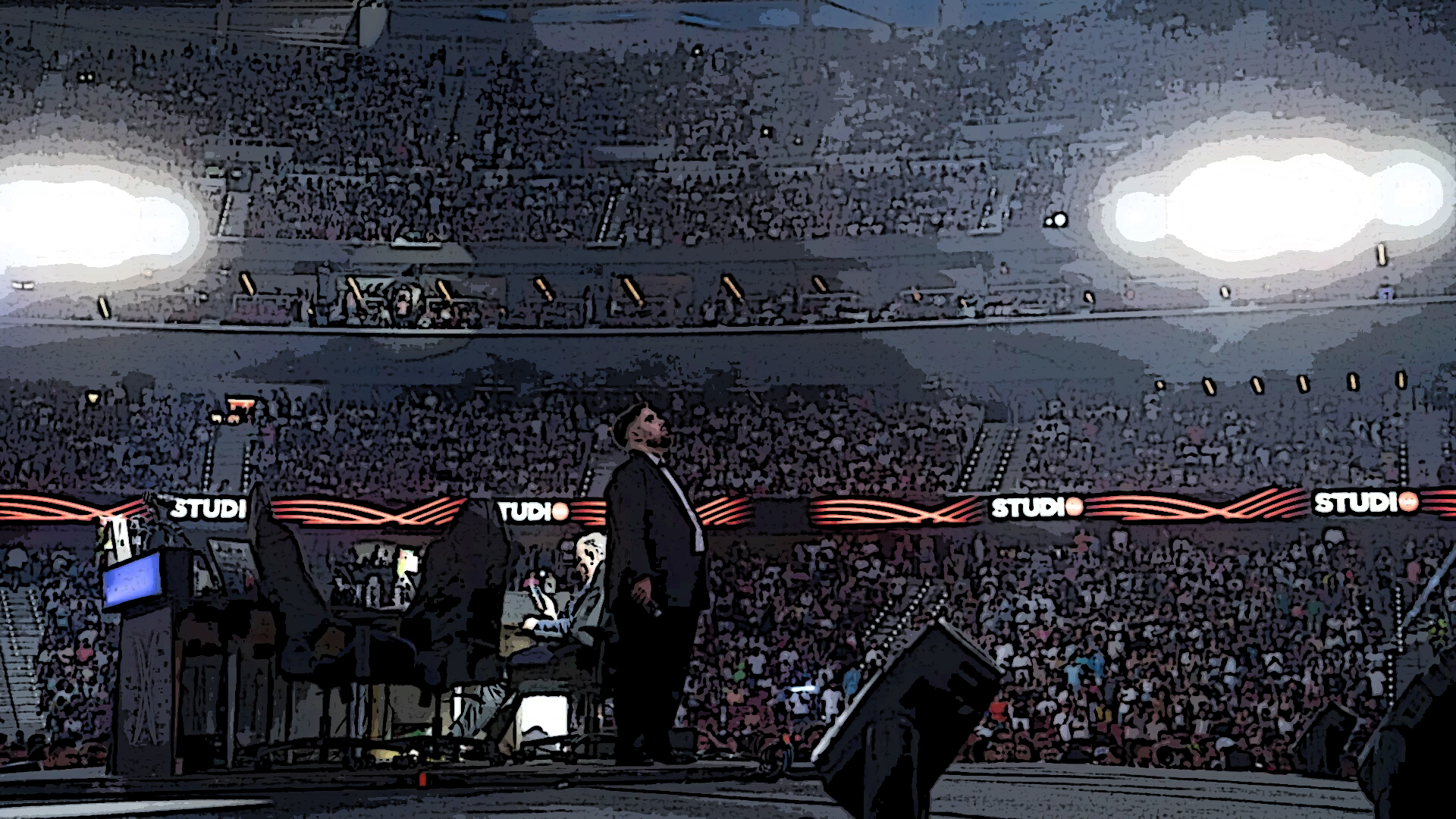 (VIA: IBAILLANOS/INSTAGRAM)
(VIA: IBAILLANOS/INSTAGRAM)
Introduction
In a digital age where attention spans are fleeting, live streaming platforms like Twitch are captivating audiences with their unique blend of real-time interaction and diverse content. Just last week, Ibai Llanos, a popular Spanish streamer, hosted a virtual concert on Twitch that broke the platform’s all-time viewership record with an astounding 3.85 million concurrent viewers, rivaling the audience of some cable TV events. But is this a fleeting trend, or is Twitch truly the new primetime for entertainment?
Arguments for Streaming as Mainstream Entertainment
Massive Viewership: Twitch boasts over 140 million monthly active users and an average of 31 million daily visitors12. In 2022 alone, viewers watched over 1.3 trillion minutes of content on the platform1.
Diverse Content: While gaming remains a core pillar, Twitch’s categories have expanded significantly. “Just Chatting” is now the most popular category, followed by music and creative arts. Major sports leagues like the NBA and NFL have partnered with Twitch for exclusive content3.
Interactive Experience: A 2023 study by Nielsen found that Twitch viewers are 1.6 times more likely to discuss brands and products seen on the platform compared to traditional TV viewers4. This highlights the power of Twitch’s chat and community features in driving engagement.
Influencer Culture: Streamers like Kai Cenat, Pokimane, and xQcOW have become household names, with millions of followers and lucrative brand deals. Some have even crossed over into mainstream media, appearing on talk shows and magazine covers3.
Accessibility and Affordability: Twitch is free to watch (with optional subscriptions) and accessible on various devices, making it a low-barrier entry point for both viewers and creators2.
Arguments Against Streaming as Mainstream Entertainment
Niche Appeal: Despite its growth, Twitch’s audience skews younger, with 73% of users under 35. This suggests it may not yet have the broad appeal of traditional television12.
Monetization Challenges: While top streamers earn substantial income, the vast majority struggle to make a living. This raises questions about the sustainability of Twitch as a career path for creators3.
Content Moderation Issues: Twitch has faced criticism for its handling of hate speech, harassment, and inappropriate content. This could deter some viewers and advertisers4.
Case Studies
Ibai’s Concert: In a groundbreaking event, Spanish streamer Ibai Llanos hosted a virtual concert’s that drawn millions of concurrent viewers on Twitch, showcasing the platform’s potential for large-scale live events1.
Just Chatting’s Rise: The “Just Chatting” category overtook gaming in 2020, showing the platform’s evolution beyond its roots. This category encompasses everything from casual conversations to live music performances2.
Esports Viewership: The League of Legends World Championship regularly draws millions of viewers, rivaling traditional sports events2.
Conclusion
While Twitch’s meteoric rise and cultural impact are undeniable, its status as the “new mainstream” is still evolving. It faces challenges in monetization, content moderation, and broadening its appeal. However, its interactive nature, diverse content, and accessibility make it a compelling alternative to traditional entertainment. Whether Twitch becomes the sole king of live entertainment or coexists alongside established media remains to be seen. One thing is certain: the way we consume and interact with entertainment is changing, and Twitch is at the forefront of that transformation.
Omnic.AI is an AI-powered performance gaming tool designed to help you game smarter. Our technology provides resources for professional esports players, content creators, production teams and every day gamers to do what they love — faster and smarter through the power of AI. If you would like to take your game to the next level with Omnic Forge click here.
